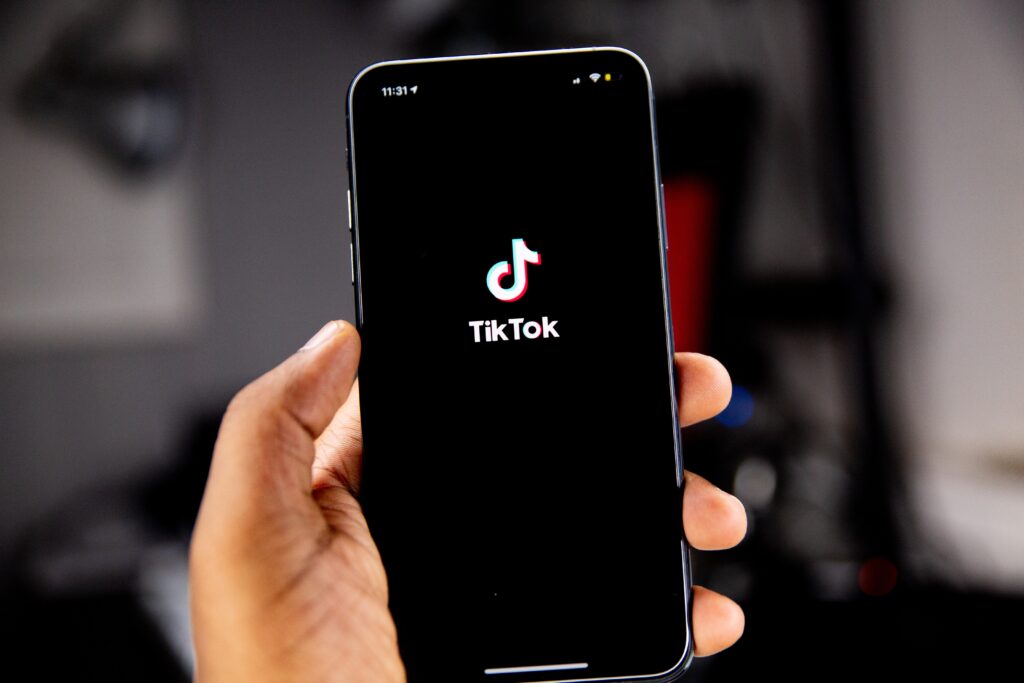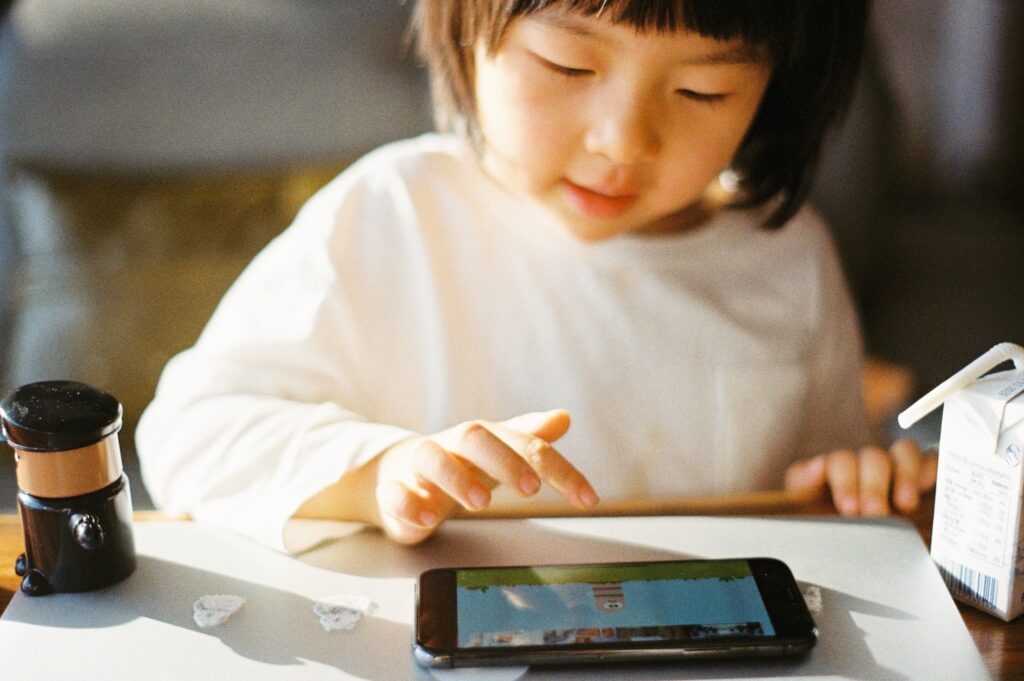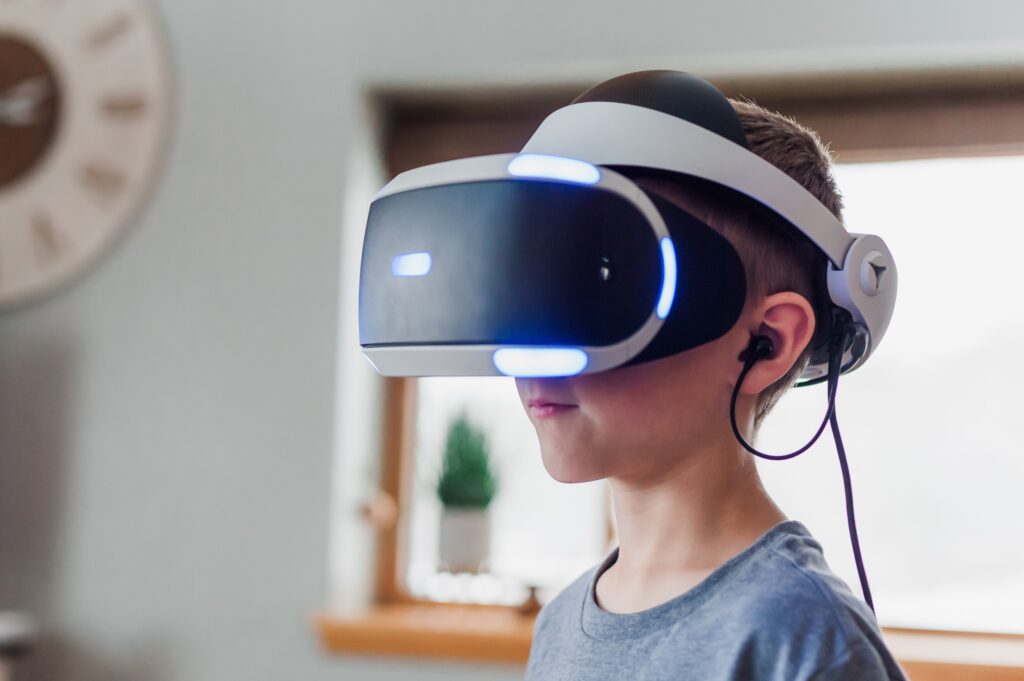TikTok targets vulnerable teens with more harmful content 12 times more than others

TikTok’s algorithm pushes self-harm and eating disorder material to teenagers within minutes of them using the app, a study suggests.
It takes just 2.6 minutes to show vulnerable girls as young as 13 videos that feature dangerously restrictive diets, pro-self-harm and suicidal ideation, according to research by the Center for Countering Digital Hate (CCDH).
This applied to users who showed a preference for the material, even if they are registered on the app as under-18s.
The researchers found that the accounts they set up featuring characteristics of “vulnerable teenagers” were shown these kinds of clips 12 times more than “standard” accounts.
They created accounts in the US, UK, Canada and Australia registered with ages of 13. Vulnerable profiles contained the term “loseweight” in their usernames and standard accounts were set up for comparison.
“TikTok identifies the user’s vulnerability and capitalises on it,” Imran Ahmed, CEO of CCDH, wrote in the report titled Deadly by Design. “The vulnerable accounts in our study received 12 times more recommendations for self-harm and suicide videos than the standard accounts. Young people who engage with this content are left to cope with a staggering onslaught of more and more recommended videos in their feeds.”
The TikTok algorithm is a system that makes content recommendations personalised for each user.
TikTok has 1 billion monthly active users around the world, according to the platform’s own data; the second-largest age group of users is teens aged 13 to 17, with 27 per cent of them belonging to this range. There are also many more female (57 per cent) than male (43 per cent) users.
For the first time in the UK, a Coroner’s inquest ruled that social media platforms contributed to the suicide of a young person. Molly Russell, 14, had liked, shared, or saved 2,100 posts related to suicide, self-harm, or depression on Instagram in the six months before her death.
“The results are every parent’s nightmare: young people’s feeds are bombarded with harmful, harrowing content that can have a significant cumulative impact on their understanding of the world around them, and their physical and mental health,” wrote Ahmed.
Parents assured Online Safety Bill will crack down on content causing ‘serious trauma’

The Culture Secretary has published a letter to parents to assure them that the Online Safety Bill will not just hold tech companies responsible for illegal content on their platforms, but any material which can “cause serious trauma” to youngsters.
Michelle Donelan sought to allay fears that the long-delayed legislation had been watered down after finally returning to parliament.
The “legal but harmful” aspect of the Bill has attracted significant criticism and the proposed law was amended over concerns about its potential impact on freedom of speech.
It was tweaked to remove social media sites’ responsibility to take down “legal but harmful” material – such as self-harm and pro-eating disorder content. Instead they will be made to provide tools to hide such content.
In the letter Ms Donelan said: “We have already seen too many innocent childhoods destroyed by this kind of content, and I am determined to put these vital protections for your children and loved ones into law as quickly as possible.”
It comes as Labour urged the government to consider a crackdown on Virtual Private Networks (VPNs) amid worries that children and young people could use them to circumvent age restrictions.
An amendment to the Bill proposed by MP Sarah Champion would require telecoms regulator Ofcom to investigate whether VPNs are undermining the enforcement of web regulations.
A VPN is an encrypted connection to the internet that hides your true IP address (so your identity and location) from the websites they are accessing, by routing their data via another computer.
A recent poll by Ipso revealed that a vast majority (73 per cent) of adults think social media platforms should do more to protect children online.
Warning for parents of potential dangers of VR headsets ahead of Christmas

Childline has urged parents to be aware of the risks of children having unsupervised access to 3D chat rooms using VR headsets.
The charity claims that many metaverse spaces are still unregulated and potentially unsafe for youngsters – and it is reminding us that you never know who is behind an avatar online.
Headsets like the Oculus Quest or the HTC Vive are an extremely popular and will be on the wish list for many youngsters this Christmas.
But Childline revealed some terrifying stories about metaverse dangers: one secondary-school aged girl encountered an older man who asked to kiss her.
One student said: “Recently I met a guy on my VR game, and I’m confused about how I should feel about him.
“He’s really bad, like he always makes sexual comments towards me and asks me to ‘kiss’ him in the game.
“I know that’s messed up, but I love his voice, and he makes me feel like the person I’d rather be.
“Nobody gives me that kind of affection in the real world. I guess that’s why I use VR, so I can look and be like someone I’m not, and it makes me feel good about myself.
“I think I like this guy, but I don’t know if he just likes the character I play as online.”
Kate Edwards, acting associate head for child safety online at the NSPCC, said: “Parents who may be thinking about purchasing a VR headset for their child this Christmas need to be aware of the risks young users currently face when given access to what, at this stage, is an unregulated world.”
A poll carried out for the NSPCC found that while one in five parents would buy a VR headset for their child if they could, more than two-thirds of the public lack confidence that child safety is a priority in the metaverse.
The NSPCC’s tips to help keep children safe when using VR are:
• Make the headset a family activity, taking turns and playing with it together.
• Take some time to explore the headset yourself before allowing a child to use it.
• Familiarise yourself with any safety features, such as parental and privacy controls.
• Talk to children about how they use VR and ensure they know not to share. personal information
• Set healthy boundaries when it comes to playtime.
News from elsewhere this week:
Charities criticise Elon Musk’s Twitter for scrapping its online safety group – Third Sector
The sharent trap: How uploading children’s lives online became a moral and ethical minefield – The Independent
‘At 15, I was urged to self-harm by strangers online’ – inews
